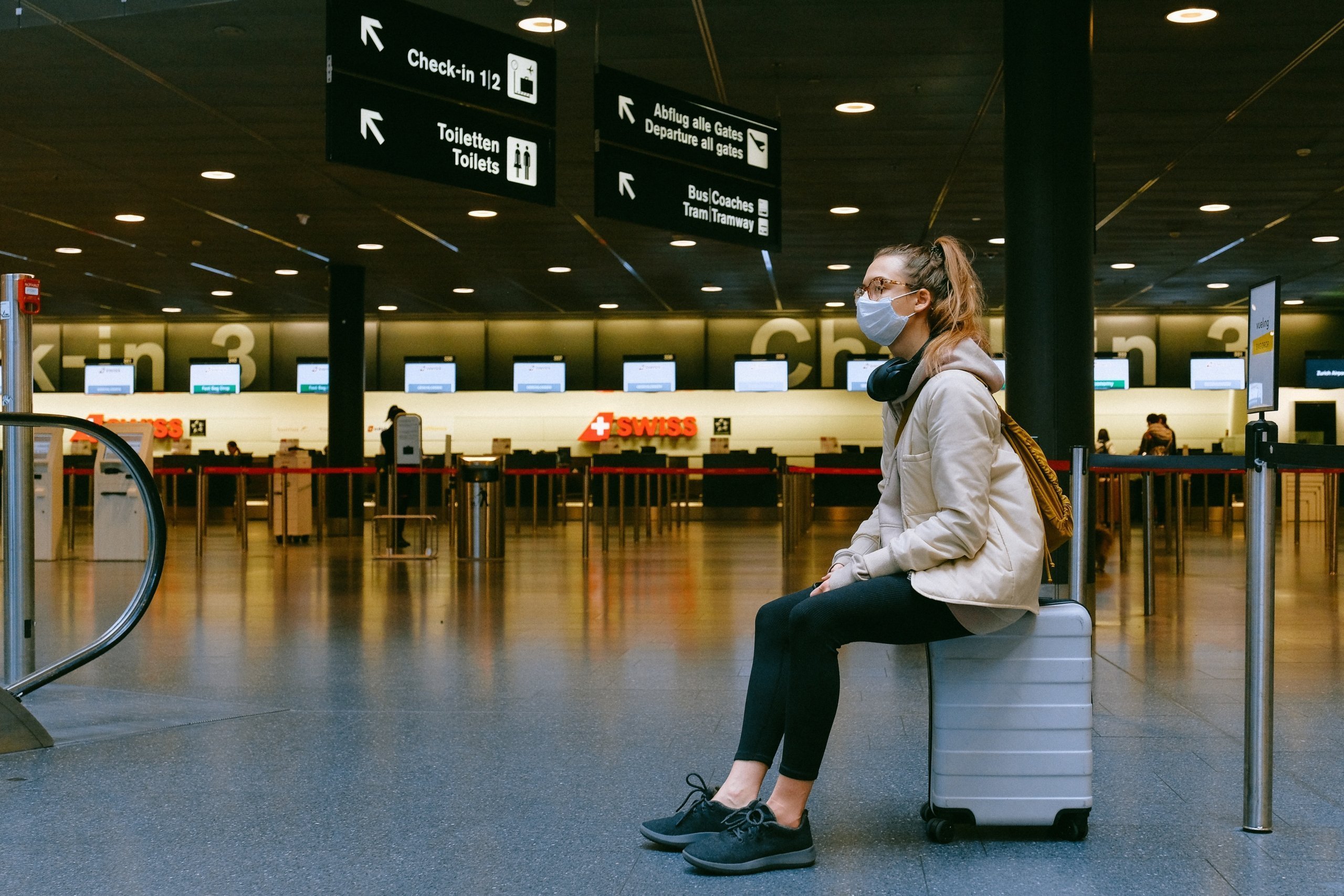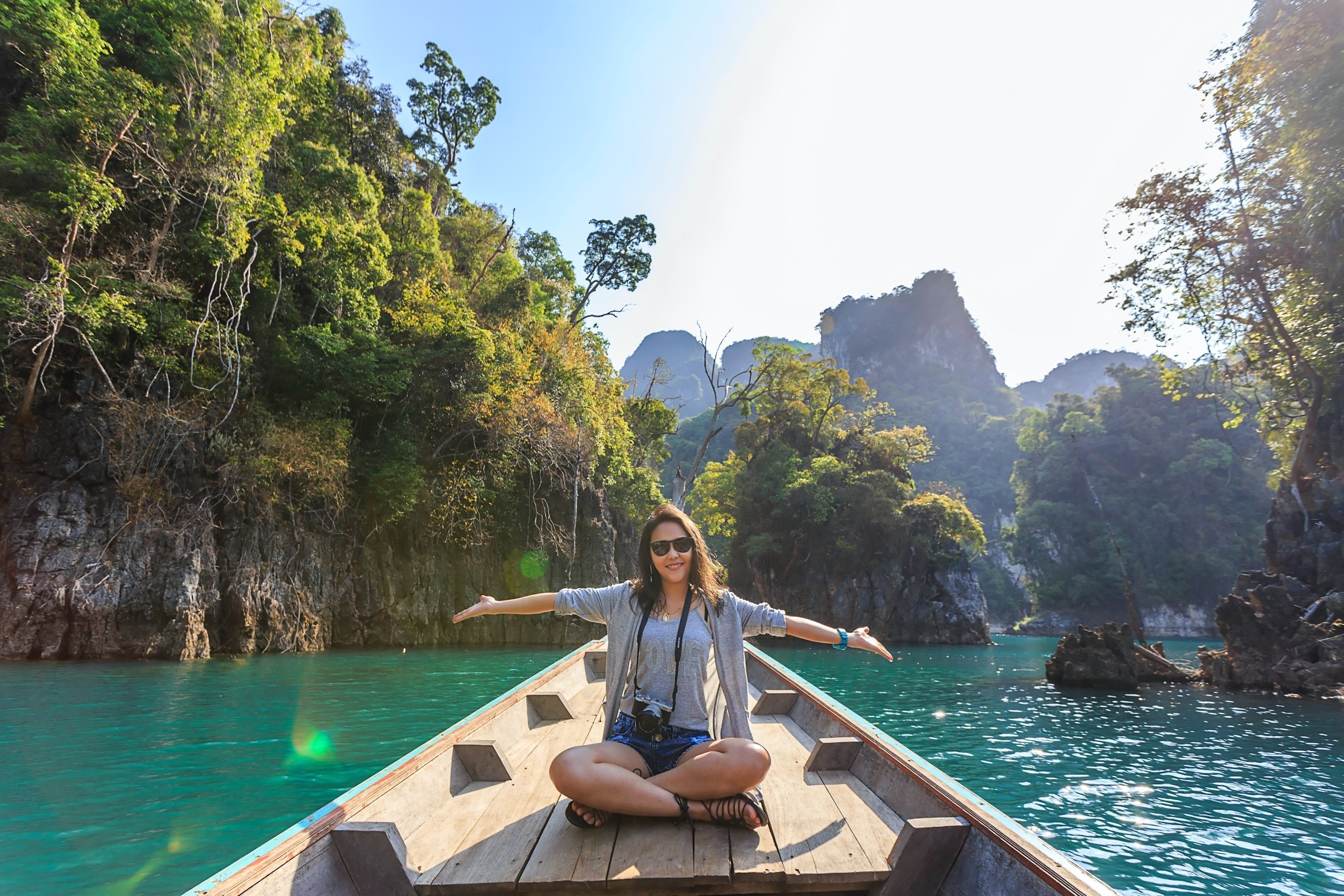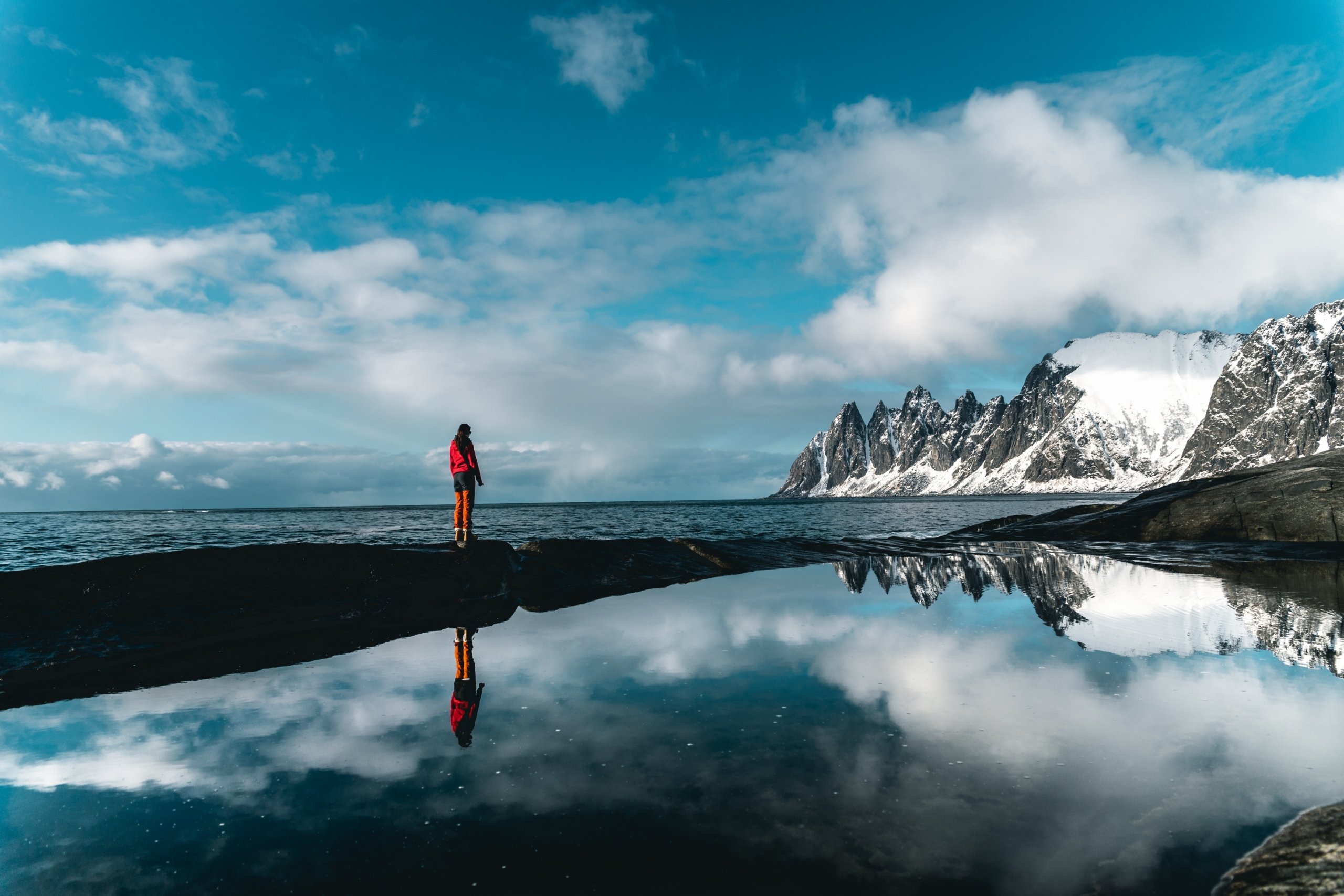Update: Can we help you get through this?
A month ago, Ventrata offered to help the industry get through the coronavirus pandemic in any way we could. Here’s some of the questions and responses we received
As it became clear that coronavirus was not that similar to the flu and the world locked down, it became obvious that the travel industry was in for a rough ride. At Ventrata, we decided that we would do anything we could to help you get through this, whether you’re a client of ours or not. We had a number of responses ranging from SEO advice, social media and conversion rates to how to operate in the aftermath. But the main concern was money …
Cash to stay afloat

The first thing most people were worried about was how to survive with the rate of refunds and having no revenue for what looks to be a significant period of time. Hopefully, by now everyone is aware of the loans that are being provided to companies and the furlough or kurzarbeit schemes to protect jobs, but we’ll put some of the main ones at the bottom if not.
Industry associations are lobbying hard for government support and for extensions to job protection schemes for the travel industry. If you’re a member, make sure you’re talking to your rep and letting them know what the situation on the ground is. The more information they can report, the stronger their arguments become. In the UK, ABTA does appear to have made some progress on the use of refund credit notes.
Make sure you’re also in contact with your officials, elected or not, at a local, state (if that applies), and national level. Take a different approach with these ones than you would with association reps: put pressure on them. Don’t let them forget the situation local businesses are in and make sure they’re out there fighting for you. This goes in particular for those in the States, whose politicians need to make sure there’s enough money in the Paycheck Protection Program for small businesses to access.
Some of you will have staff that are a member of a union. Whatever you think of unions, they’re often excellent lobbyists, can make a lot of noise, and they want to protect their members. If you have a union rep in your company, make sure they’re pushing for job protection schemes to be extended.
Web design & boosting conversions

Most companies are spending the lockdown working on new versions of their sites. We took a look at some that were sent over and had this advice.
Make sure your content flows well from the homepage to the product to the booking to a happy customer who has got what they want. There should always be a simple and easy booking flow. Often products can get lost among copy, logos, and images that are being used for other things. Keep it simple.
A lot of the time when text is being used on a picture, it can be difficult to read. This is either because there is too much text or because of clashing colours and busy pictures. Ways around the second are to use simple drop shadows or translucent black or white colour gradients to make the text pop, and to choose pictures with blank space where copy can be placed.
Calls to action (CTAs) are always a good idea. However, they can often suffer from the problem of banner blindness. This is where your reader ignores the CTA because they’re so used to seeing adverts pop up on their screen. It’s a design challenge, and a hard one. But try to make CTAs look less like ads and more like clear instructions. Again, make sure that the CTA is easy to read. And make sure all your links have UTMs so you can track exactly what pages are performing.
Finally, the speed of a site is a big thing. The faster a site loads, the less likely it is that a customer will close the tab before it has done so. Sites with load times of more than four seconds aren’t going to perform anywhere near as well as a site that loads in less than two.
All Ventrata’s sites are designed to ensure high conversion rates 😉
Search engine optimisation

If you’re rebuilding your site, make sure to have your SEO in mind right from the start. The structure of a site tells Google what’s important. If you want to have your most important products appear under your homepage on Google, then they need to be on landing pages that are included in your top level menus.
If there are products that are less important, but are part of the most important products, place these on landing pages that have the main product as a parent. This will tell Google that the main product is more important. Landing pages should only really change when there’s an update to the product.
It’s often the case that landing pages can be relatively hard to SEO with keyword stuffing — it often appears as if the keyword has been forced in. Don’t force it. Instead make sure the content is useful, detailed, and well written. Google will penalise you otherwise.
Blogs, whether they are content marketing, PR, or straight up news will send some link juice to these pages, and are easier to SEO. The content can be longer, making it easier to get your keywords in, and you can use angles to write around different topics that you want to rank for. Internal links from these will make sure Google knows the landing pages are important.
Don’t build your blogs on subdomains, such as blog.mainsite.com. This completely removes all SEO benefits.
Remember that SEO is a long-term strategy. It can take years to pull off successfully. One of the easiest ways to do that is to drive traffic through social media.
All Ventrata’s sites come with SEO tools built in 😉
Social media

Buying traffic on social media is the easiest way to drive traffic in the short term. We’ve written a little on social ads here already.
Make sure your content is optimised for conversions by using booking widgets and CTAs through the copy.
Facebook is a dream for B2C content marketers in travel. It’s where your main focus should be. The best way to do this is to make it look as if your content is from a magazine or news outlet, even if it’s promoted. That means people are less likely to skip past it because they think it’s an ad.
Make sure your headlines are tight and all the meta and post copy supports it. Use pictures that are taken from eye level and have people in them. This is so customers can imagine themselves at the destination and it boosts clicks. Content marketing has a longer customer journey, but is more likely to increase brand recall.
Ads that are focused on direct conversions should lead to the landing page of the product. Your ads can be more hard-sell. However, it is more likely that your customers will flick past them while on social. These should have price points and CTAs in the image and the copy. Drive those home.
Coming out the other side of Covid

At the minute, no one can be quite certain of how the recovery looks like. It may be v-shaped, u-shaped, or have a double dip. But everyone is now fairly certain that it will follow three stages for travel — regional, national and then international. Businesses may be able to open, but borders may remain closed and people are likely to be wary of spending money or travelling too far for risk of getting trapped.
It might seem like a challenge to market tours, activities and trips to people who live locally, but I know that when I live somewhere I’m less likely to see the sights than I would be on a holiday.
So before people are able to move freely again, you should be promoting your destination to locals. They can see and do all the amazing things in Manchester that they’ve been missing out on. They can fall even deeper in love with their home.
As the local campaign begins to show results, then take it nationally. It’s time to finally explore Andalusia and see the wonders of Granada, Córdoba, Seville and Cádiz. Remember that people will be yearning for a trip and they might not be able to escape the country.
A few months before the borders begin to open, begin inspiring your international travellers again.
Stay positive

One of the things that we were most impressed by were the signs that people are pulling together and helping others out. Almost everyone knows everyone else in the industry, and often companies that are competitors work closely. It’s not going to be easy, but if we work together we can make sure the industry is still on its feet at the end.
*blushes*

Finally, all of your thanks made us blush. Ventrata is here for the long-haul, and we’re only too happy to help. As we said in the original post: “We have a team of 20 with significant experience in this industry. If we can help you with ANYTHING, particularly to do with technology, do not hesitate to reach out.”
Over the past few weeks, we’ve dug into some areas of content marketing, check out one here
And we’ve described the process of how we created new user-friendly audio tours, which you can read here
Government support for businesses affected by coronavirus
Information about the British government’s support may be found here
Information about the American government’s support may be found here
Information about the Canadian government’s support may be found here
Information about the Spanish government’s support may be found here
Information about the French government’s support may be found here
Information about the Italian government’s support may be found here
Information about the German government’s support may be found here
Information about the Australian government’s support may be found here
Information about the South African government’s support may be found here
Leave comment
Interested in our products?
Ventrata is a comprehensive booking solution for tour and attraction businesses that are looking to win back control of their sales channels and maximise profits. With Ventrata as your booking and ticketing partner, you not only get industry-leading software you also get 24/7 support from our global team!
You must be logged in to post a comment.